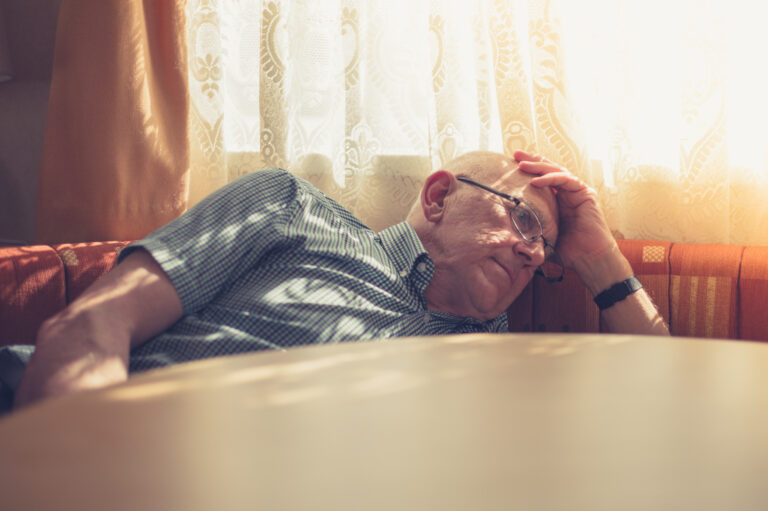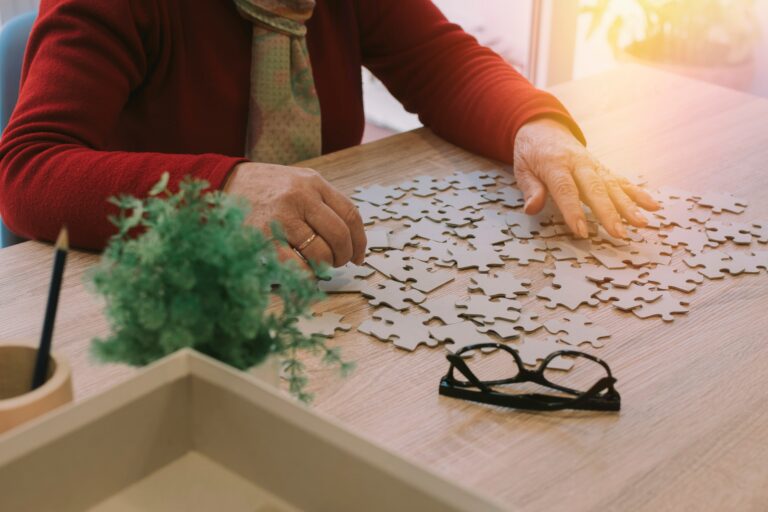## Should You Drink Water Right Before Sleep?
The question of whether to drink water right before bed is one that millions of people face every night. On one hand, you want to stay hydrated for your health. On the other, you don’t want to wake up multiple times to use the bathroom. Let’s break down the science, the benefits, the risks, and what experts say about this common bedtime dilemma.
## Why Hydration Matters for Sleep
Staying hydrated is essential for your body to function properly. Water helps with digestion, keeps your joints healthy, and helps regulate your body temperature—all of which can support better sleep[1]. When you’re dehydrated, your body has to work harder to maintain these functions, which might make it harder to fall asleep or stay asleep[2].
Recent research from the University of Connecticut found that when people were well-hydrated, they had an easier time falling asleep and felt less fatigued the next morning compared to when they were dehydrated[2]. This suggests that overall hydration status during the day plays a role in sleep quality, not just what you drink right before bed.
## The Problem with Drinking Water Right Before Bed
While hydration is important, drinking a large amount of water right before you go to sleep can lead to nocturia—the need to wake up during the night to urinate[1]. This can disrupt your sleep, making you feel less rested in the morning. The more you drink close to bedtime, the more likely you are to experience these interruptions[1].
For most people, it’s best to meet your daily hydration needs earlier in the day and then taper off your fluid intake about 1–2 hours before bedtime[1]. This gives your body time to process the water you’ve consumed and reduces the chance you’ll need to get up during the night.
## What About Warm Water or Other Drinks?
Some people find that drinking warm water before bed helps them feel calm and relaxed[3]. There’s no strong scientific evidence that warm water is better than room-temperature water for sleep, but if it helps you unwind, it’s probably harmless. The key is moderation—don’t drink so much that you’ll need to use the bathroom overnight.
Other drinks, like those with electrolytes, are sometimes promoted as sleep aids. Electrolytes can help with hydration, and in some cases, they might reduce nighttime disturbances, but there’s limited evidence that they directly improve sleep quality[4].
Magnesium supplements or drinks containing magnesium are sometimes recommended for sleep because magnesium plays a role in calming the nervous system and supporting melatonin production[5]. However, most of the benefit comes from the magnesium itself, not necessarily from drinking it in water before bed[5]. If you’re considering magnesium for sleep, it’s best to talk to a healthcare provider first.
Tart cherry juice is another popular sleep aid, as it contains small amounts of melatonin[5]. Some studies suggest it might help with insomnia and improve sleep quality, but more research is needed to confirm these effects[5][6]. Again, moderation is key—drinking too much liquid of any kind right before bed can lead to sleep disruptions.
## Who Might Need to Drink Water Before Bed?
There are some exceptions to the general advice. For example, people with certain medical conditions, like kidney stones or urinary tract infections, might be advised to drink more water, even at night. Athletes or those who sweat a lot during the day might also need to pay extra attention to hydration. In these cases, it’s important to follow the guidance of a healthcare professional.
## Practical Tips for Bedtime Hydration
– **Hydrate Early:** Try to drink most of your water earlier in the day. This helps your body stay hydrated without overloading your bladder at night[1].
– **Taper Off:** Stop drinking large amounts of fluids 1–2 hours before bedtime to reduce the chance of nighttime bathroom trips[1].
– **Listen to Your Body:** If you’re thirsty, it’s okay to have a small sip of water. Just avoid gulping down a full glass right before you lie down.
– **Consider Your Health:** If you have a medical condition that affects your hydration or urination, talk to your doctor about the best approach for you.
– **Avoid Caffeine and Alcohol:** These can dehydrate you and disrupt sleep, so it’s best to avoid them in the hours before bed.
## The Bottom Line
Drinking water is vital for health, but timing matters when it comes to sleep. For most people, it’s best to stay hydrated throughout the day and reduce fluid intake in the hour or two before bedtime to minimize sleep disruptions[1]. If you have specific health concerns, always consult a healthcare professional for personalized advice.
## Sources
[1] sleep.me/post/drinking-water-before-bed
[2] today.uconn.edu/2025/10/better-hydration-may-lead-to-better-sleep/
[3] redcliffelabs.com/myhealth/health/the-benefits-and-drawbacks-of-drinking-hot-water-before-bed/
[4] bubsnaturals.com/blogs/electrolytes-hydration/can-we-drink-electrolytes-at-night-exploring-the-impact-on-sleep-and-wellness
[5] popsci.com/health/does-magnesium-lettuce-water-help-sleep/
[6] ncbi.nlm.nih.gov/pmc/articles/PMC12438961/





